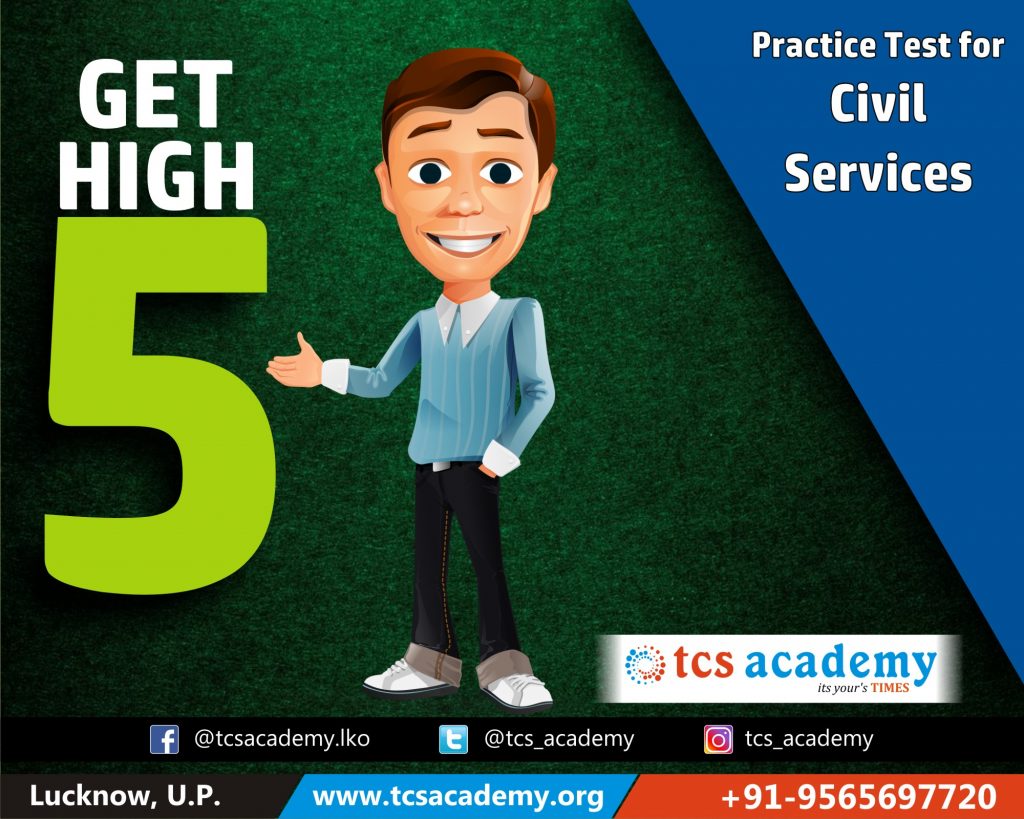1 Remove ‘bridge course’ get nod
The Union Cabinet dropped a controversial provision of “bridge course” which would have allowed practitioners of alternative medicines to pursue allopathy, from the National Medical Commission Bill.
Observing the need to act strictly against unqualified practitioners, the cabinet also approved an amendment to make the punishment for any unauthorised practice of medicine “severe” by including a provision for imprisonment of up to one year along with a fine extending to up to Rs 5 lakh. Chaired by Prime Minister Narendra Modi, the cabinet, also approved that the final MBBS examination would be held as a common examination throughout the country and would serve as an exit test, to be called the National Exit Test (NEXT).
What
- Students would not have to appear in a separate exam after MBBSto get a licence to practice. NEXT would also serve as the screening test for doctors with foreign medical qualifications in order to practice in India.
- If approved, NEXT would become the common exit examination on lines of National Eligibility cum Entrance Test, which is a common entrance examination for students who wish to study any graduate medical course (MBBS), dental course (BDS) or postgraduate course (MD / MS) in government or private medical colleges in India.
- The amendments are in line with the recommendations of a parliamentary standing committee of Health and Family Welfare that scrutinised the Bill and submitted a report last week.
- The Bill also proposes to replace the Medical Council of India (MCI) with National Medical Commission (NMC) as the apex medical education regulator in the country.
- The “bridge course” for AYUSH practitioners to practice modern medicine, which has been removed after the amendments, was the most controversial aspect of the Bill.
- The government has now left it to the state governments to take necessary measures for addressing and promoting primary health care in rural areas.
2 First female UN political chief
Long-serving American diplomat Rosemary DiCarlo was appointed to become the first woman to head UN political affairs, one of the most high-profile positions at the world body.
DiCarlo will replace Jeffrey Feltman, another American who held the post of under-secretary-general for political affairs since 2012, overseeing UN efforts to end conflicts worldwide. A former deputy US ambassador to the United Nations, DiCarlo “brings more than 35 years of experience in public service and academia,” a UN statement said, announcing the appointment. Secretary-General Antonio Guterres has made gender parity a priority at the United Nations and the appointment marks the first time in the world body’s history that a woman will hold the senior position.
What
- The US administration put forward DiCarlo’s candidacy even though she is not seen as close to President Donald Trump’s foreign policy team.
- DiCarlo also served as deputy assistant secretary of state for Europeanand Eurasian affairs and director for United Nations affairs at the national security council in Washington.
- Since 2015, DiCarlo has been president of the National Committee on American Foreign Policy, an organization dedicated to conflict resolution. Her areas of expertise include Russia and the former Soviet Union as well as the Middle East. DiCarlo speaks Russian and French.
3 SIH-2018
Ministry of Statistics and Program Implementation (MoSPI) is participating in the Smart India Hackathon (SIH) – 2018 organized by All India Council for Technical Education (AICTE) under the aegis of Ministry of Human Resource Development (MHRD).
The Software edition Grand Finale of the Hackathon for MoSPI will be held on Mar 30 & 31, 2018 at G V Bhoomaraddi College of Engineering & Technology, Hubli in Karnataka. Senior officials from the Ministry will be present during the two days of SIH-2018 to motivate the young students. SIH- 2018 harnesses creativity and expertise of students, builds funnel for ‘Startup India, Standup India’ campaign, crowdsources solutions for improving governance and quality of life, and provides opportunity to Students to provide innovative solutions to India’s daunting problems. MoSPIhas identified the following 10 problems on different areas of Official Statistics, on which the 38 teams comprising 304 students and mentors would build innovative digital solutions:
- Consumer Price (CPI) data collection for Rural & Urban Sectors through mobile based application software [CPIAPP(R) & CPIAPP (U)].
- International Comparison Program (ICP) data collection through mobile based application software [(CPAPP)].
- Sub-national PPP data collection through mobile based application software [(SNPPPAPP)]
- Online data dissemination and dynamic costing though web portal
- Engagement Management System (EMS) through an Application for Desktop as well as Mobile-phones.
- Estimation of trade Margins
- Automated Compilation of ASI Schedules (AUDYOGIC)
- Rural Price Collection through APP (RUPICOM)
- Digitization of Aerial frame using mobile application (DIGIFRAME)
- GPS based technique for improving Land Use Survey in ICS Scheme (LAKSHYA)
Flashback
- SIH- 2018 would be the second massive scale hackathon initiative in Indiafollowing Smart India Hackathon 2017.
- With 27 Union Ministries and Departments and 17 State Governments having joined in this grand initiative, SIH-2018 is much bigger than its previous edition. It includes 2 sub-editions – Software edition, which is a nonstop 36-hr software product development competition and scheduled to be held on Mar 30 & 31, 2018.
- The Hardware edition, involving building of hardware solutions will be held later this year. During the software edition grand finale, teams of thousands of technology students will build innovative digital solutions for problems posed by different central govt. ministries/ departments.
- A total of 340 software problem statements are proposed for SIH-2018. Winners stand to get cash prizes and a chance to be part of the NASSCOM’s 10,000 Startups program.



